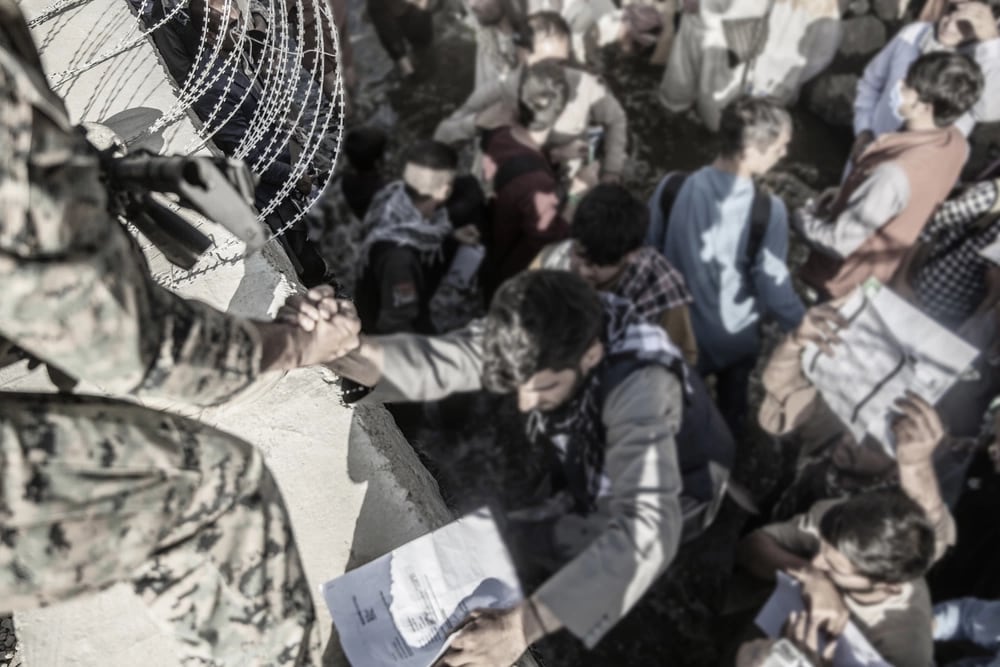It has been about a year since Phil Caruso and other veterans spent frenzied, sleepless weeks scrambling private flights into Kabul’s international airport to shepherd America’s Afghan allies out of the country before the Taliban reasserted control.
Gone are the days of last summer, when Marine Corps veteran Jeff Phaneuf called other Marines at the airport’s Abbey Gate, vouching for the Afghans he could vouch for, even as the rest of the huddled masses—without connections, or connections they could reach in their moment of need—were left to broil in the August 2021 heat.
“It felt like playing God in a way I’d never wish to do again,” the former infantry officer said.
As it had been during most of the war, Afghanistan is no longer in American headlines today, or on the minds of most Americans like it was at this time last year.
But for Caruso, Phaneuf and others with the non-profit No One Left Behind and other groups, the emails, texts and DMs from Afghans seeking salvation are still coming in. Getting those people out could take a decade or more, Caruso said.
Helping those left behind and newly arrived here has become a second job of sorts for Caruso, a former Air Force officer who twice deployed to Afghanistan.
He still gets dozens of messages a day from Afghans pleading for help.
But unlike last year, volunteer vets like Caruso and Phaneuf are now yoked to the grim resignation that they cannot help everyone.
“There are certainly moments where I’m basically in tears, because of how desperate these people are,” said Caruso, No One Left Behind’s executive director. “But I try to just push that to the back of my mind and focus on the task at hand, because that’s ultimately moving the ball forward and making progress and helping one family here, one family there.”
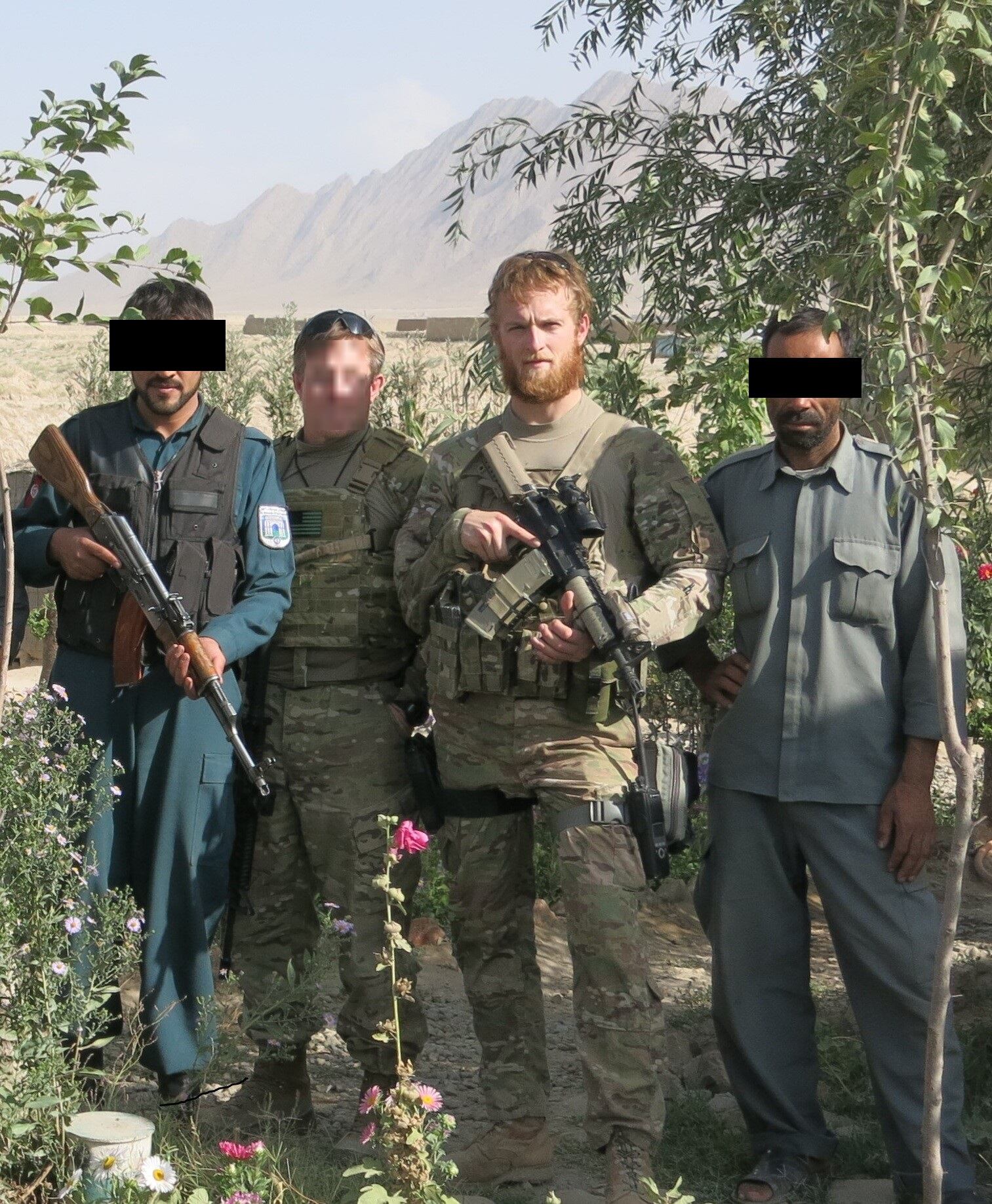
One day, he hopes, the world won’t need their efforts.
“I do think there is a point in the future, perhaps maybe 10 to 15 years from now, where the conflicts in Iraq and Afghanistan are going to be pretty firmly in the rearview mirror, and the number of people coming here is going to be significantly less,” he said. “And many of those families will…be on their feet as first-generation Americans. And there will be less need for us.”
But for now, the group’s database indicates there are at least 70,000 Afghan still on the ground eligible to be relocated to the United States, those who braved the frontlines with U.S. forces for years and earned the chance to navigate the State Department’s labyrinthine bureaucracy, a process that gives life-or-death heft to the old chestnut “hurry up and wait.”
About 10,000 of those eligible Afghans were so close to getting on a flight last summer, “people who were almost to the finish line,” Caruso told Military Times.
Some Afghans who contact them didn’t work for the U.S. military in a way to make them eligible for a Special Immigrant Visa, or SIV, nor for other exceptions. Others are stuck in SIV limbo, waiting to be notified that they should gather their things and head to the airport.
RELATED
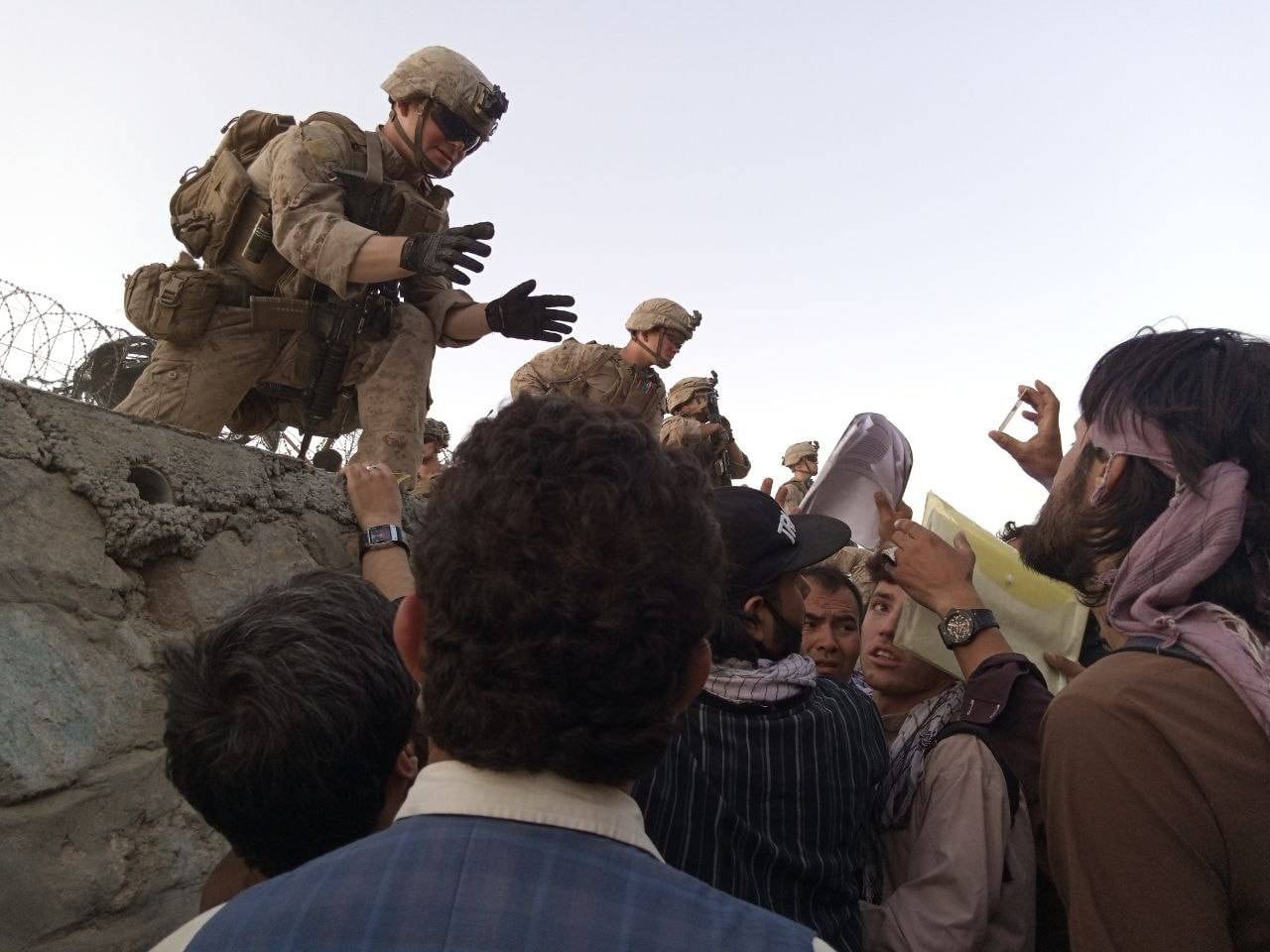
Today, the ultimate authority to get allies out rests within the State Department, and officials there say they have bolstered their SIV efforts in the past year.
As the landscape has evolved for what groups like No One Left Behind can do for those still trapped in Afghanistan, they continue to help the roughly 80,000 Afghans brought to the United States in the past year with everything from rent to housing supplies and cars.
“It’s understanding the realities of what we can control,” Caruso said. “We can’t just singlehandedly change public opinion, or political will, or spotlight on the issue, but we can do our best.”
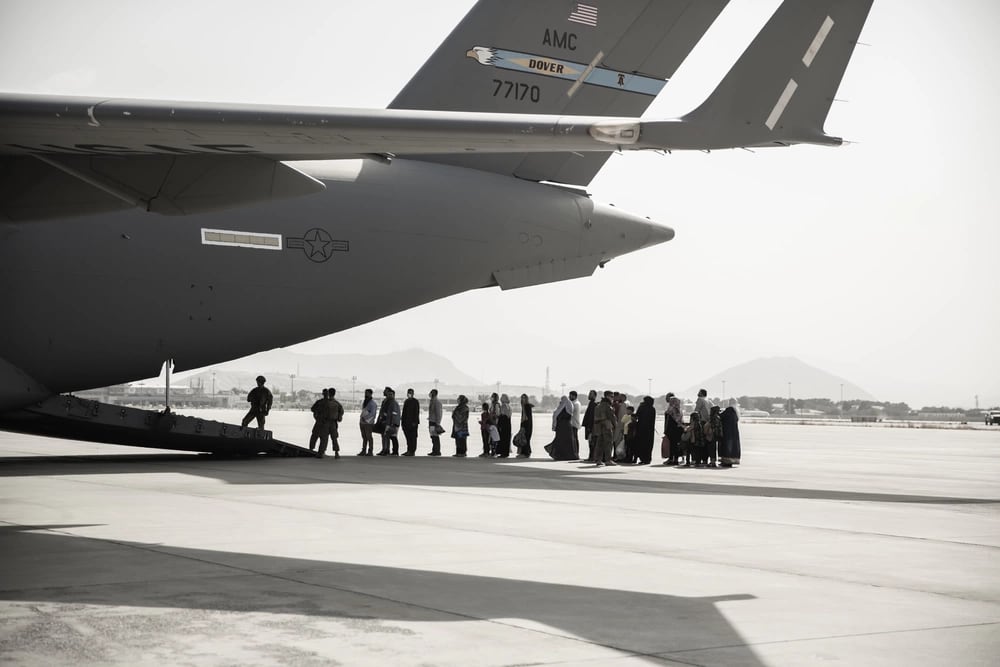
No One Left Behind and other groups are also working on Capitol Hill to change laws that will ensure such a mighty-but-shambolic evacuation effort never has to happen again while building out the organization so that they can help as long as there is a need.
But the messages of need continue to flood Caruso’s inbox, regardless of his power to help: An Afghan man ready to sell a kidney if it can get his family to safety. A woman scarred in a Taliban attack. Another man who claimed to have worked for U.S. forces for 11 months and two weeks, 16 days short of the yearlong employment required for the SIV, wondering if Caruso has any strings left to pull.
“It’s nowhere near enough,” Caruso said his group’s efforts. “But it’s all we can do, and that’s the only way I that I can look myself in the mirror on a day-to-day basis.”
Veterans like Caruso and Phaneuf are not alone in their frustrations, or the haunting effects of last summer.
A survey this month of more than 1,000 veterans with the Iraq and Afghanistan Veterans of America and Veterans for American Ideals groups found that 41% of those who have worked to help evacuate Afghan allies in the last year have ongoing problems with moral injury because of the guilt associated with the haphazard withdrawal.
“Our veterans are hurting and they will continue to hurt,” said Matt Zeller, an adviser to both groups. “Allies are still dying, and as they die, it only makes the situation worse.”
Separately, a recent poll of more than 5,600 members of Mission Roll Call, a veteran’s advocacy group, found that 73% said the withdrawal negatively impacts the way they view America’s progress in the global war on terror.
“People are still upset and trying to reconcile how we spent all this time and treasure in Afghanistan, trying to make it a better place for Afghans, with the kind of oppression that we’re now seeing there,” said Cole Lyle, executive director of Mission Roll Call. “On a very deep level, it still hurts to see all those gains reversed in two weeks.”
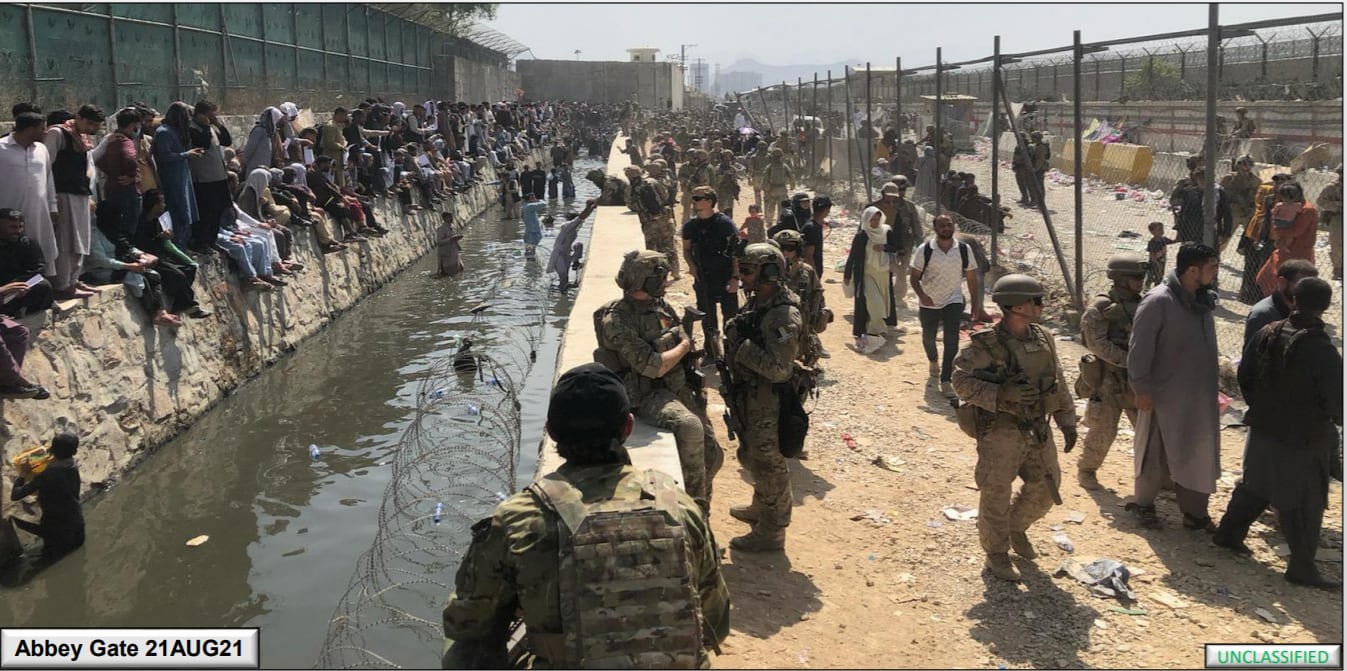
‘I would help every single person’
Ismail Khan, an Afghan-American who spent years working for U.S. forces before arriving in Seattle in 2016, has taken on the same grim acceptance of what he can and cannot do when Afghans left behind ping his phone.
Over coffee at a Starbucks in Kent, a Seattle suburb that has become a hub of the Afghan diaspora, Khan recalled the recently emailed pleas of a former Afghan commando, who worked with U.S. forces but not for U.S. forces, leaving him with zero options for any State Department-facilitated escape.
“Emotionally and mentally, it’s not healthy,” said Khan, a soft-spoken man whose slight stature belies five years spent with Green Berets, 100 firefights by his count, in the restive Pakistani border region. “Everyone thinks that if I want, I can help them, but I can’t. I wish I could. I would help every single person.”
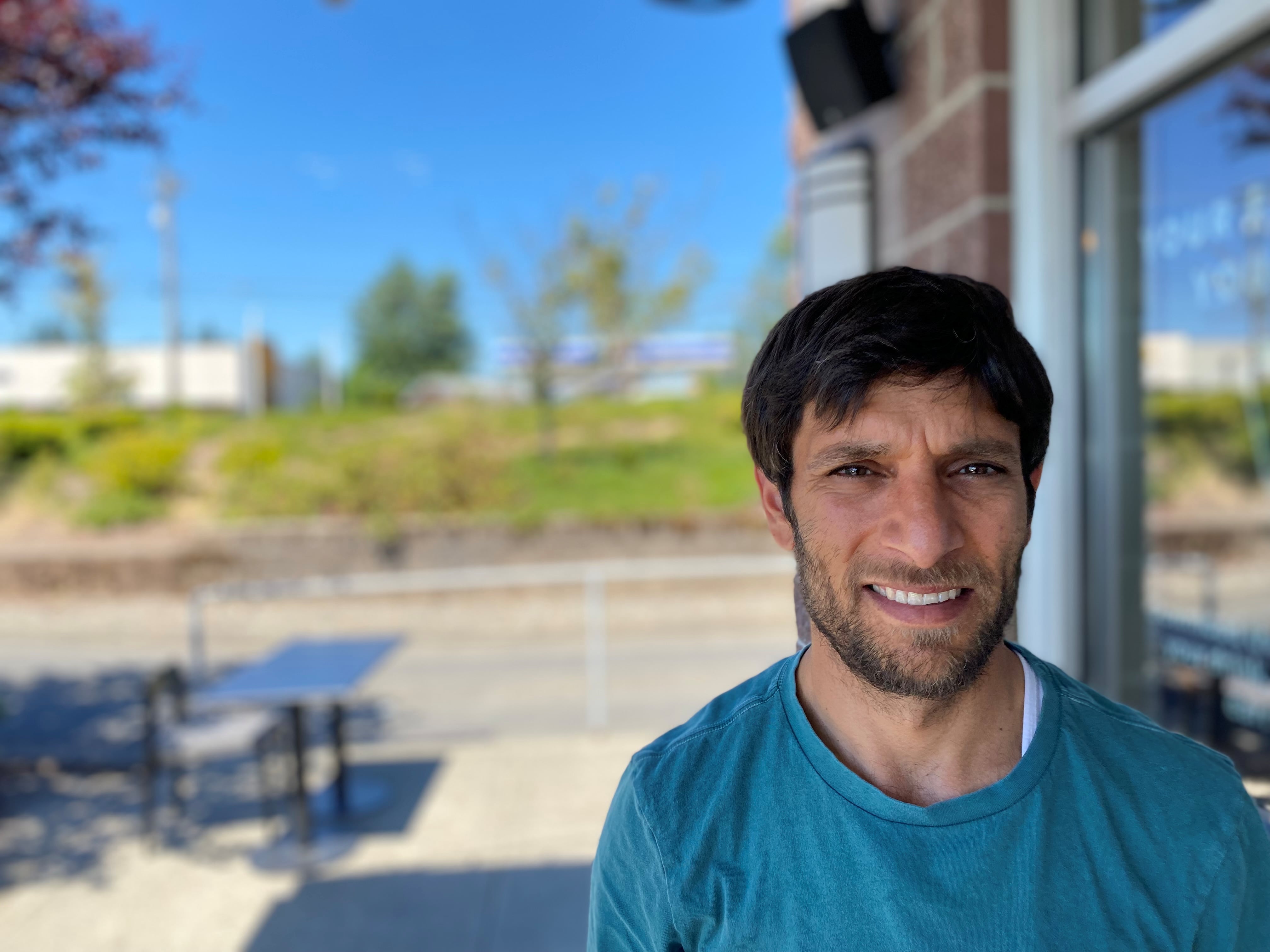
Still, Khan takes comfort in the families now living in Kent who he helped usher to a new life last summer.
“The work you put in…now you see the kids and the families,” he said. “Now they are safe. It matters, even if you help one person get out. Now the girls can go to school.”
The fruits of last year’s labors by people like Khan, Phaneuf, Caruso and countless others can be seen in Said, an Afghan who waited in the sweltering mass outside Kabul airport’s Abbey Gate last August.
Said worked for the U.S. military for about six years and waded through a sewage canal outside the airport last summer, calling a Defense News reporter he knew to get through a Marine checkpoint.
Said is a pseudonym he requested, as he still has family in country that he is trying to get out.
The Marines let Said, his wife and seven-month-old daughter through, but not his mother or siblings.
His mother said not to worry about them, and the rejected family members left the mass of humanity at Abbey Gate about 10 minutes before an Islamic State suicide bomber blew himself up there on Aug. 26, he said, killing 11 Marines, a soldier and a sailor, along with at least 170 Afghan civilians.
After months in legal limbo, flown first to a U.S. base in Bahrain and then on to Kosovo before settling in Virginia in March, Said and his family are assimilating into America’s melting pot.
Said’s wife has found a love of lasagna and macaroni and cheese here, and he calls Virginia “god gifted.”
“You don’t see dust here,” he said. “You don’t see a lack of electricity. It’s always raining and clean.”
Said’s family is eligible to leave Afghanistan as well due to their work for the U.S. government, he said, and one day when the State Department calls their number, he believes he will see them again.
“They were the greatest people,” Said said of the Americans who brought his family here. “The great people who served the country of the United States, and they also served us.”

‘Morally unpalatable’
By the time the Taliban captured Kabul on Aug. 15 and Americans saw video footage of Afghans clinging to airborne U.S. aircraft before falling back to earth, No One Left Behind had been helping resettle Afghans in America for years.
And despite the waxing and waning of attention to Afghanistan, new arrivals still need help with rent, healthcare and vehicles, all services that the group helps facilitate across the country.
Many arrive via the SIV program, one started in 2008 that remained a bureaucratic maze across White House administrations.
State Department officials said in June that they have taken steps to streamline the process and are now processing an average of 2,000 cases a month.
Now, Afghan applicants only have to deal with State, and not other federal agencies, which officials said will reduce processing times and the administrative burden of applying, with most applicants no longer having to complete a 19-page form.
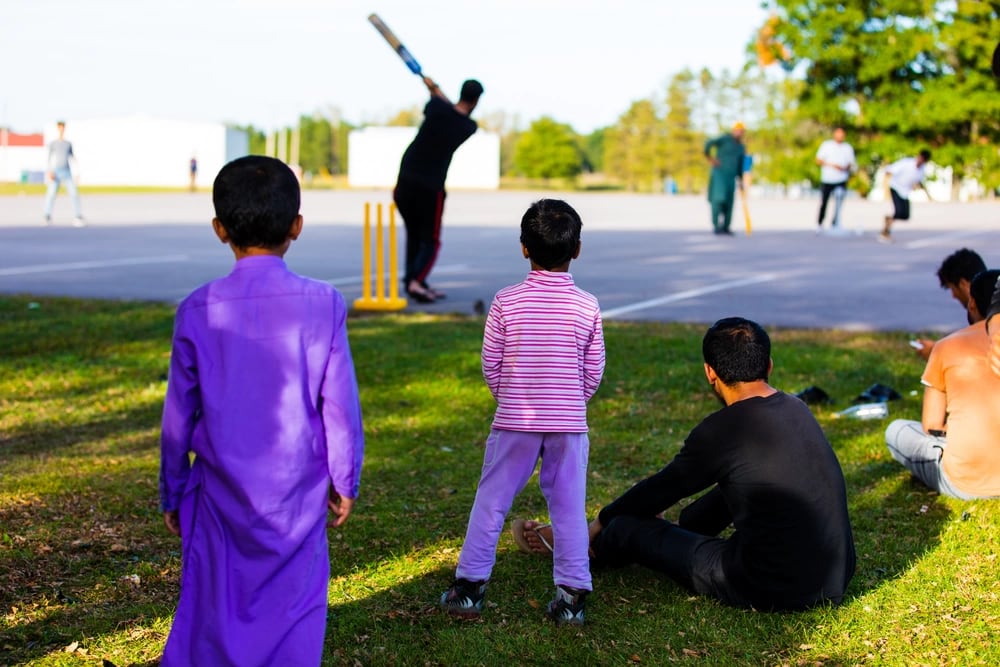
The number of State Department officials dedicated to processing SIVs has jumped from eight in early 2020 to more than 50 as of this summer, according to a June press briefing.
While there is no longer a U.S. Embassy in Kabul where Afghans can be interviewed as part of the SIV process, officials said they transfer cases to other embassies and consulates that applicants can reach.
“SIV applicants who are able to appear at another embassy or consulate are processed on a priority basis,” officials said in a statement to Military Times. “However, we continue, as much as possible to expedite processing of SIV applications at all other stages of the process, and to identify stages of the process that can be performed remotely.”
The State Department says they do not know how many SIV-eligible Afghans remain in Afghanistan, but No One Left Behind’s database shows roughly 70,000 eligible Afghans and their families that have been preliminarily vetted through the group and remain stuck on the ground, although Caruso notes that some could be rejected during the process for various reasons.
“The sense of abandoning people or the sense of not helping them in their time of need, when they’re at risk because of their service to the U.S. government, is morally unpalatable for a lot of veterans who just see it as a wrong and certainly feel a personal sense of guilt for not being able to help those that worked alongside them and who sacrificed for them,” Caruso said.
A year later, the main task before Caruso and his team is turning their efforts from the adrenalized passion project of last summer into a sustainable organization that can continue for however long they are needed.
“This can’t be ad hoc, it can’t be relying on a handful of personalities,” he said. “It has to be institutionalized.”
Much time is spent on the Hill, working for law changes to ensure that programs benefit other American allies.
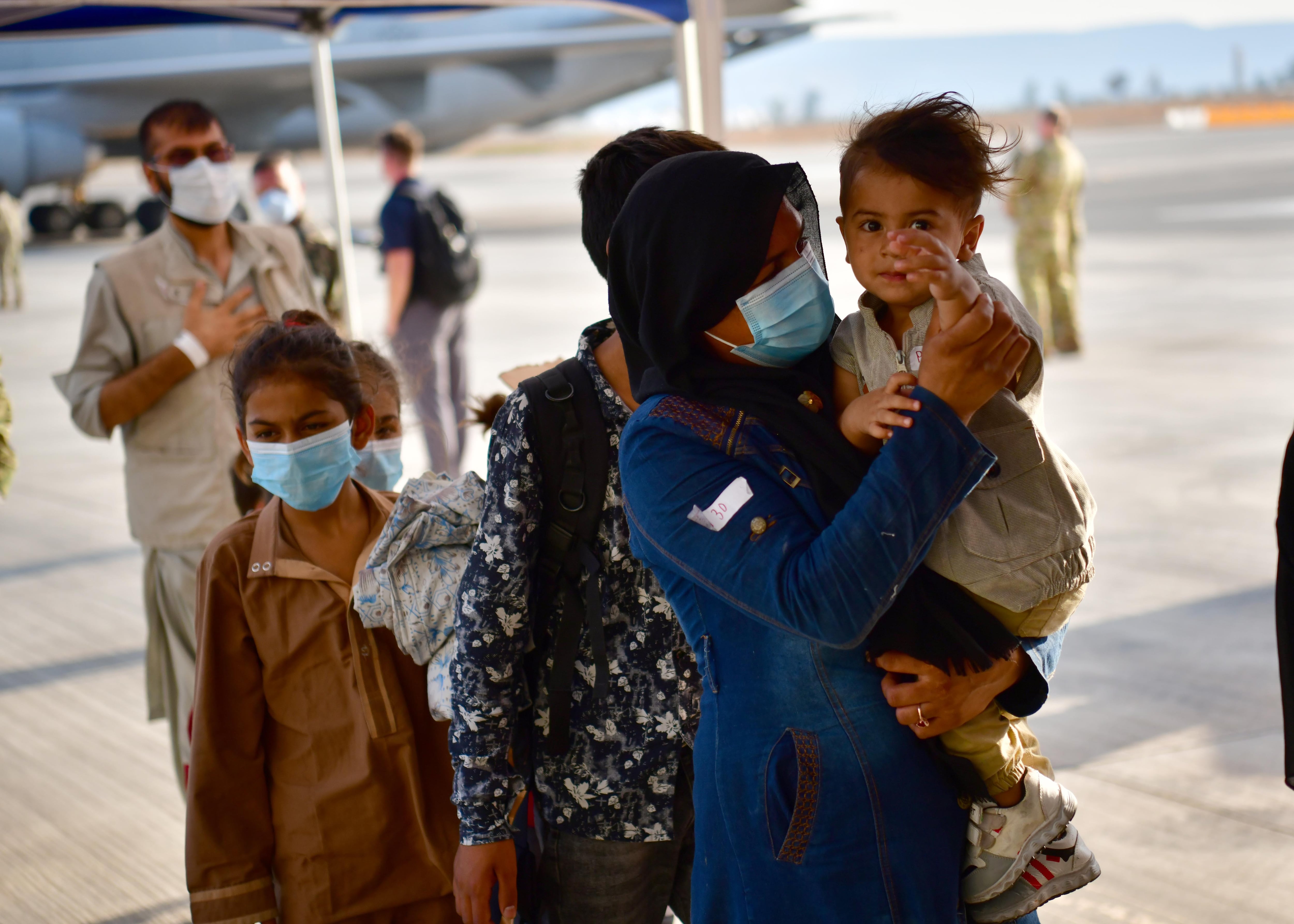
Phaneuf, director of advocacy for No One Left Behind, said the group is working with lawmakers to tweak the SIV program in a way that would help allies in lower-profile conflicts.
“I have a friend who was a Navy SEAL in Yemen whose interpreter is effectively stateless now,” Phaneuf said. “That advocacy is especially important.”
When not doom-scrolling his inbox or attending to the parts of his life that lie outside the mission, Caruso said worry for the future of No One Left Behind keeps him up at night.
“The people that are affected aren’t going to get the support they need, they’re not going to have the funding, they’re not going to have the government attention, they’re not going to have the media spotlight to drive change, and they’re going to be left, once again, twisting in the wind, whether they’re still here in the U.S. or languishing in Afghanistan, without attention and without care and without focus from the American people,” he said. “We need to work hard to build something that will outlast all those risks.”
Geoff is the managing editor of Military Times, but he still loves writing stories. He covered Iraq and Afghanistan extensively and was a reporter at the Chicago Tribune. He welcomes any and all kinds of tips at geoffz@militarytimes.com.
